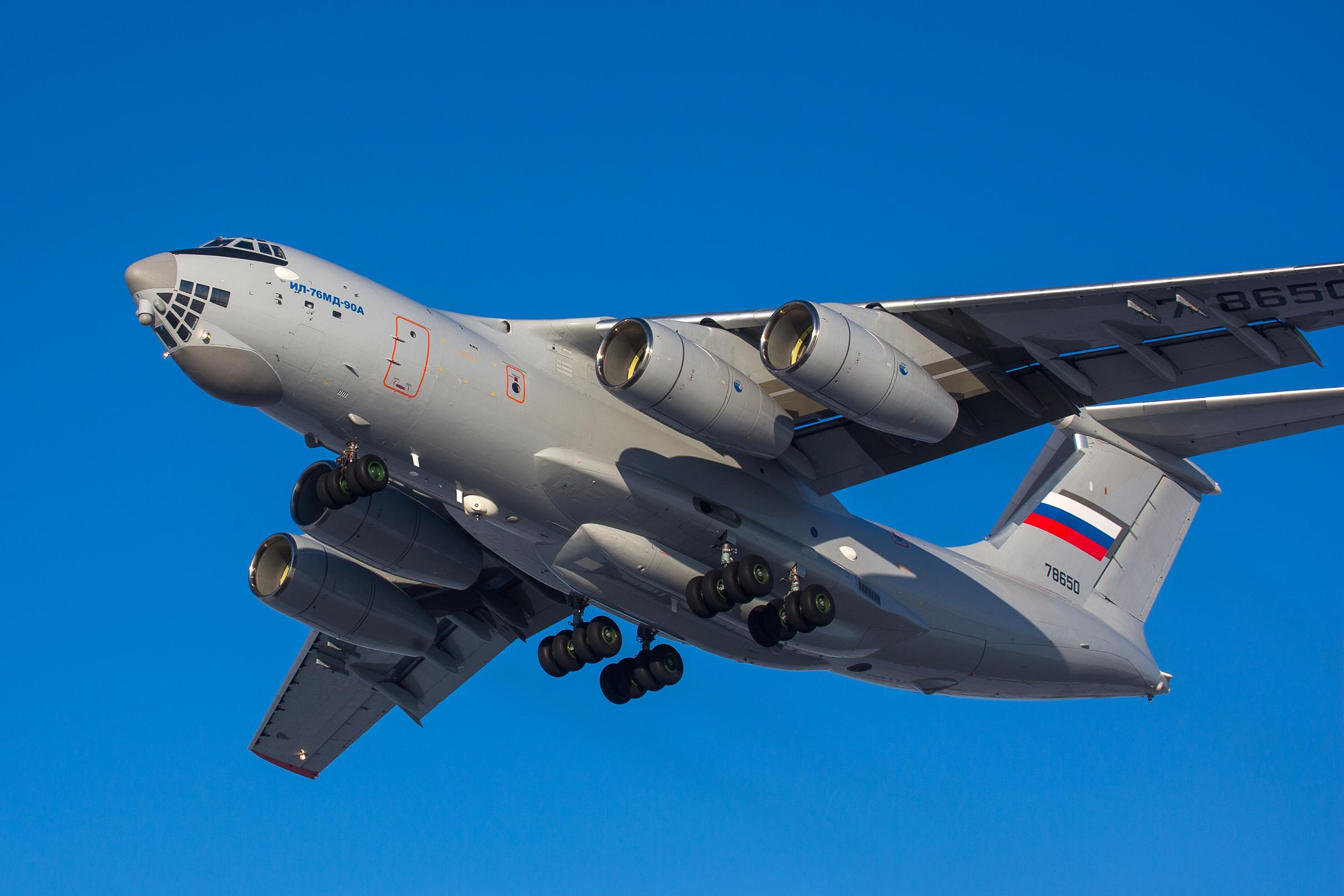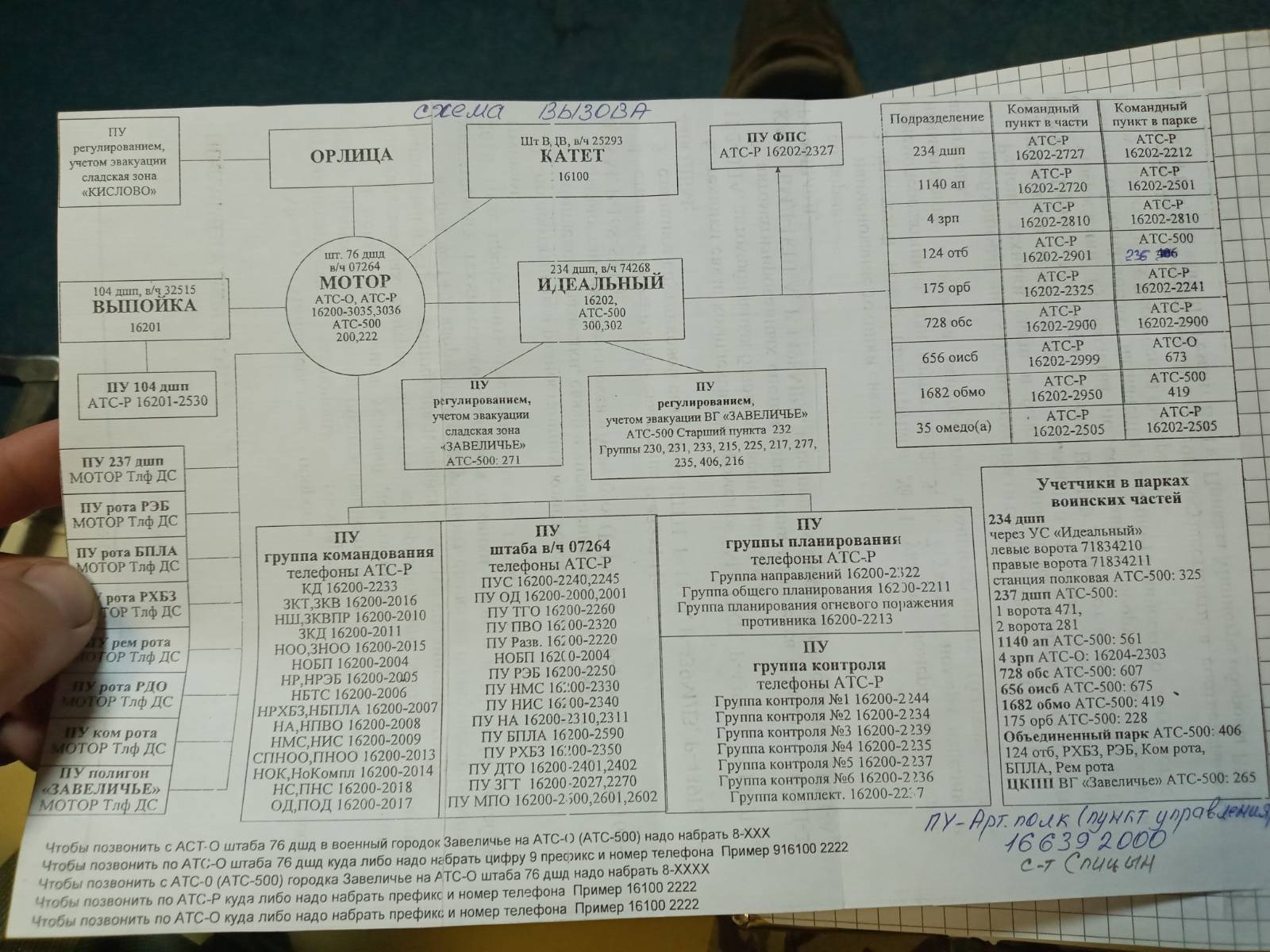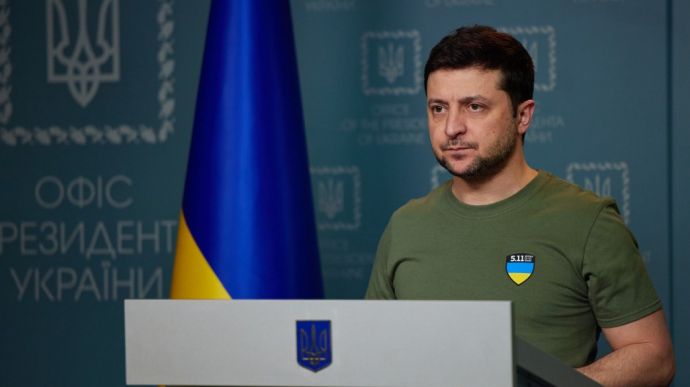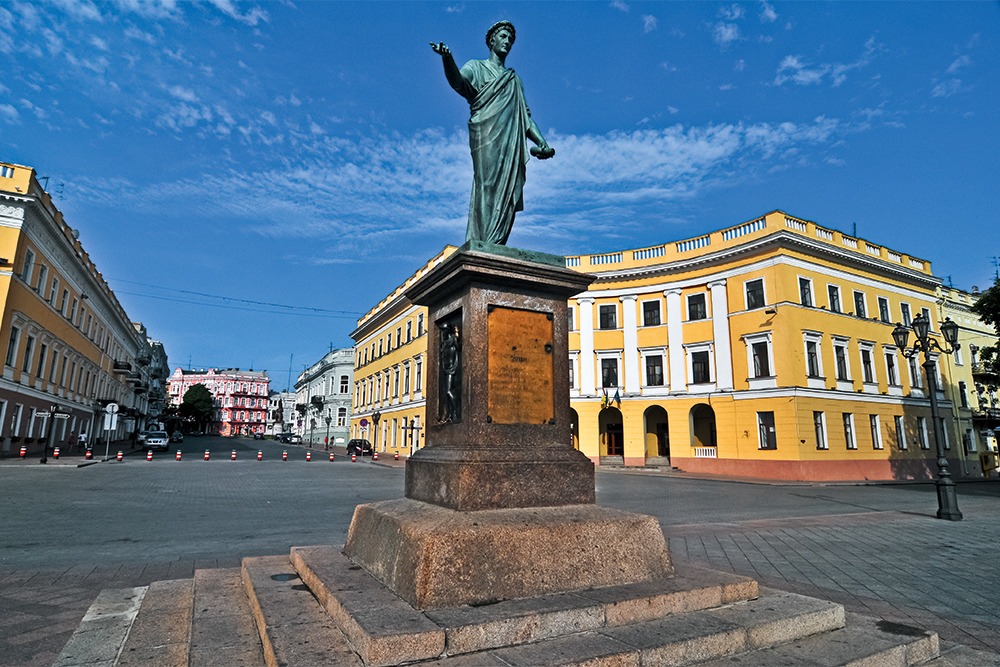What are the reasons for this chronic delay in sanctions? Our partners are trying to minimize their personal problems and reduce the cost of sanctions for their own economies.
Thus, our partners gain certain tactical advantages from this cynical tactic, as there is less discontent from businesses, and no harsh dissatisfaction from ordinary consumers regarding rapidly rising fuel prices. However, the problem is that these delays lead to future strategic issues. It has been repeatedly pointed out that if Ukraine falls, the losses for Western Europe from the continuation of Russian aggression to the West will be catastrophically enormous.
Every week that the defeat of the Russians is delayed, this cost for Europe increases. But it seems that this is not something they want to think about in European capitals, much like in the movie “Don’t Look Up,” where they tried to ignore the threat from space. Still, are there any possibilities to remedy this situation? The answer is that such options still exist. The problem is that regarding Russia’s foreign trade, the principle of “blacklists” is in effect. That is, Russia is prohibited from doing certain things listed in conditional “blacklists,” but everything else is allowed. However, since the Russian Federation is a totalitarian state, it quickly adapts to the new restrictions. This primarily leads to the fact that not all components critically important to Russia fall under the prohibitions. This results in various ways to circumvent bans on the import of raw materials that fuel Russia’s military machine. Russians are extremely creative in their methods of evading sanctions simply because they are given space for this creativity. They extract various means for precise positioning from repair kits for agricultural machines or even from operational agricultural machinery to use these means in military technology. It is not surprising that chips are also removed from smart vacuum cleaners or other household appliances for use in weaponry. Therefore, there are numerous opportunities to use civilian-purpose means for military objectives, and these means do not seem to be under restrictions.
Since there are no strict, comprehensive limitations, there is also a widespread use of proxy exports of sensitive goods through third and fourth parties. It is quite easy to open small firms for one, two, or three trading operations and then forget about them. And let the Euro-bureaucrats chase after this “mosquito fleet” of illegal imports with their delayed sanctions—by then, the ship has already sailed. The same can be said for Russia’s export of oil, gas, metals, timber, and everything else circumventing restrictions. We have already observed how Euro-bureaucrats overlooked a whole Laconian Gulf near southern Greece, where oil is being transferred from Russian tankers onto others with more reputable ownership to bypass price limits.
Russia has managed to acquire several hundred tankers of various sizes, which are also used for exporting to India, where sanctioned Russian oil is transformed into non-sanctioned petroleum products that are also exported to the EU, by the way. Thus, the introduction of sanctions currently resembles Achilles’ pursuit of the tortoise, which always takes one extra step, preventing him from catching up. What should be done? We should recall an experience that is not so old—about 40 to 50 years back.
During the Soviet era, when Ronald Reagan was U.S. President and Margaret Thatcher was Prime Minister of the UK, there existed a mechanism known as COCOM (Coordinating Committee for Multilateral Export Controls). This was a powerful international commission for export control, overseeing international trade. This committee strictly controlled the export of anything high-tech to the Soviet Union and its satellites—from machines to microchips, from powerful computers to various interesting materials that were unavailable to Soviet technologists.
The principle of COCOM was that it utilized so-called “white lists.” There was a fairly limited list of goods that could be exported to the Soviet Union, while everything else was completely prohibited for export. The essence of this regime was that only what could not be harmful to the national security of the U.S. and European countries could reach the Soviet Union. Everything else—no. A similar regime should be applied to Russia since it is a totalitarian state, where absolutely everything is controlled by the Kremlin and can be used to reinforce its military machine. The whole world sees, at least those who do not close their eyes, that any private company or private bank in Russia is a part of the ecosystem of the aggressive Putin regime.
Any Russian private entity—whether it likes it or not—is a part of the Russian military-industrial complex, operating under the influence and in the interests of the Kremlin. Therefore, any calls for an adaptation period for the next sanctions must end with a very simple answer: “You saw the first sanctions against the Russian Federation ten years ago—why didn’t you use these ten years to implement compliance measures? You then witnessed the rapid increase of sanctions in recent years following Russia’s large-scale invasion of Ukraine—why weren’t the last ties with the aggressive regime severed in time?








